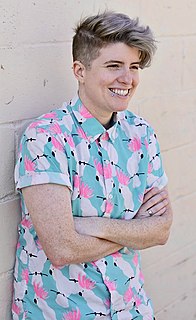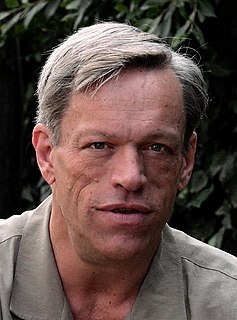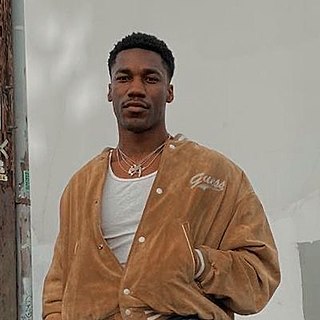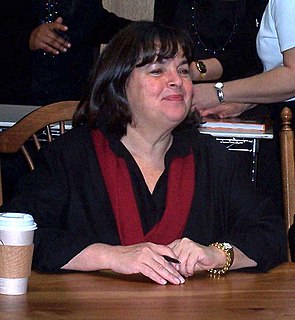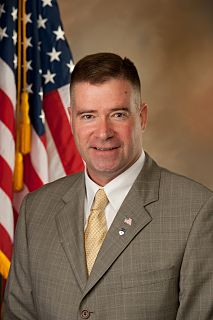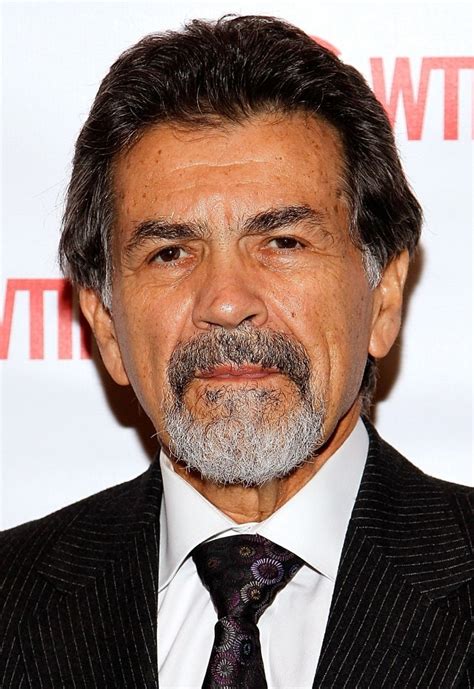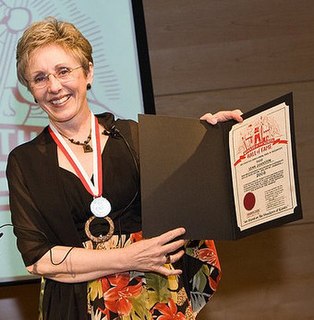A Quote by Marissa Mayer
Before Google, I spent the summer building a program that would look at what websites you would go to and what websites other people would go to - and built a collaborative filtering program that helped you find related sites to look at.
Related Quotes
It's good to go back and look at what other states are doing. For example, Mayo Clinics and the University of Minnesota had a collaborative grant program that we modeled our program after, so we went back to talk to them about the successes of their program. It's been very successful, the state is going back to fund it again, and it's resulted in a great deal of collaboration and specifically patented technology.
There are so many websites I read; I look at everything from Slashdot to Ars Technica to the business technology sites, major newspapers like the 'New York Times,' and my local papers where I live, which cover the sports teams I'm involved with. There are about 20 sites we go to regularly, and I do use Twitter and Facebook as well.
There are a few other things that I built when I was at Harvard that were kind of smaller versions of Facebook. One such program was this program called Match. People could enter the different courses that they were taking, and see what other courses would be correlated with the courses they are taking.
So I did a program with the Recording Academy, the Grammy Museum. So pretty much they take, like, one hundred kids during the summer and for a week or two every day they go over something different in music history. Then during the music history part of the program, they would just tell us about the different eras.
Maybe they would look at each other and feel some odd yearning, but neither of them would know why. They would want to stop, but they would be embarrassed, and neither would know what to say. They would go their separate ways. Who knew? Maybe that happened every day to people who'd once loved each other.
I think that I had a very clear vision when I started writing cookbooks what I wanted it to be, and that you would open the book, that you would look at the photograph and go, that looks delicious. And then you would look at the recipe and say, I can actually make that and I can make it with ingredients I can find in the grocery store.
I don't believe in amnesty... What I have proposed is that we would come forth with a program that allows individuals to come forward and to plead guilty... They would have to pay a fine; they would have to go through a background check - some say learn English - and they would get learned legal status.
When I was in high school and college, I'd always been into websites, and when you'd read about sites and the companies and people behind them, they were always in Silicon Valley. This one's in Mountain View, this one's in Palo Alto. They're all right here. I knew I wanted to move out here, whether it was to work at Google or some other company.
I studied physics at Princeton when I was a college student, and my initial intention was to major in it but to also be a writer. What I discovered, because it was a very high-powered physics program with its own fusion reactor, was that to keep up with my fellow students in that program I would need to dedicate myself to math and physics all the time and let writing go. And I couldn't let writing go, so I let physics go and became a science fan and a storyteller.

